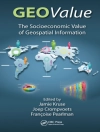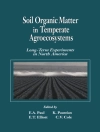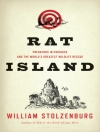The book showcases examples of university engagement in community initiatives and reports on the results from research and from a variety of institutional projects and programmes. As a whole, the book illustrates how actors at the community (microlevel) and other levels (meso and macro) can make valuable and concrete contributions to the implementation of the Sustainable Development Goals (SDGs) and, more specifically, to achieving the objectives defined at the 2030 Agenda for Sustainable Development.
It is one of the outcomes of the “Second World Symposium on Sustainability Science”, which was jointly organised by the Pontifícia Universidade Católica do Paraná (Brazil), the Research and Transfer Centre “Sustainable Development and Climate Change Management” and the “European School of Sustainability Science and Research” at Hamburg University of Applied Sciences (Germany), in cooperation with the Inter-University Sustainable Development Research Programme (IUSDRP).Table of Content
Preface.- Part 1. Political, social, economic and environmental dimensions of sustainable development.- Chapter 1. Economic Complexity and the Environment: Evidence from Brazil- Chapter 2. Consideration of environmental and socio-economic aspects of a territory for sustainable production and consumption in a biorefinery context.- Chapter 3. The Role of the Ecological Fiscal Transfers for Water Conservation Policies, etc.












